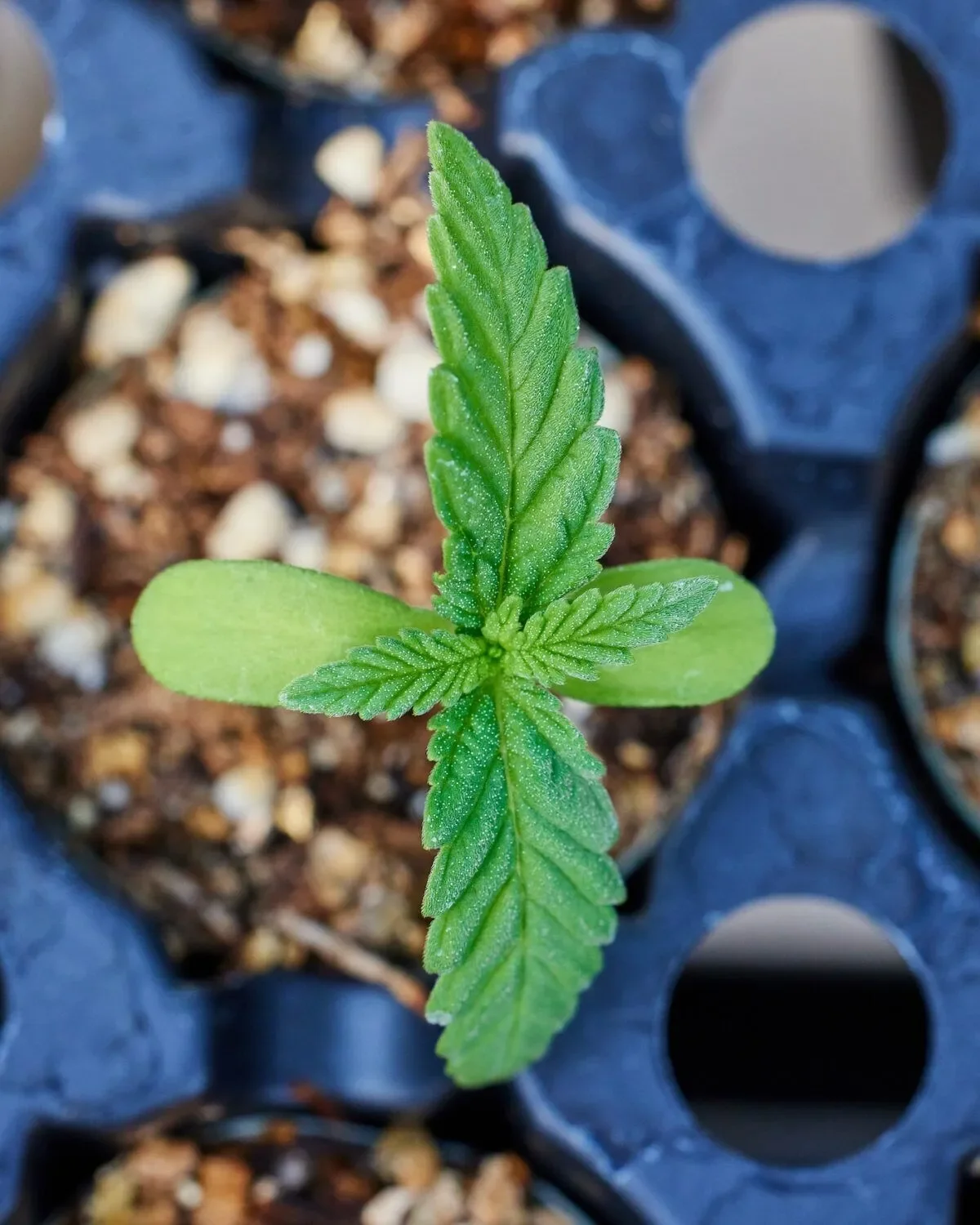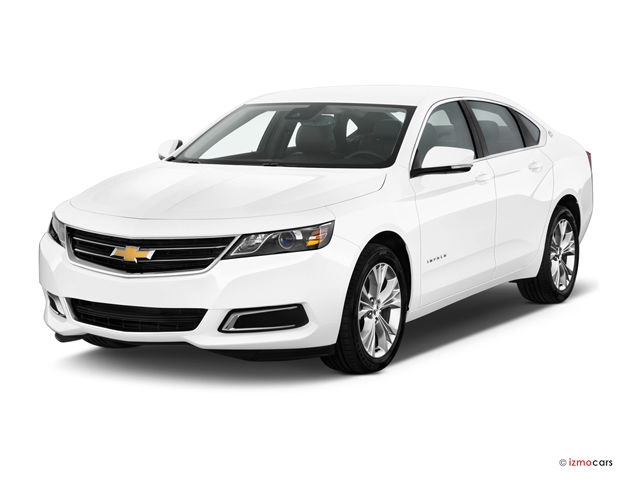Alright team, it's time to talk about Organic Marijuana. In the age where people are particularly concerned about the quality of what they eat or drink, it's no coincidence that the same concern applies to the quality of cannabis they smoke or ingest.
The term “organic” isn’t thrown around lightly. Food and beverage manufacturers go through arduous procedures and regulations when it comes to producing a product that can be deemed organic. An organic orange is by and far different from a normally produced orange. Now this isn’t to say that a non-organic orange is “unsafe”, but the quality of the product is noticeably different. Think of it this way; a Chevy Impala and a Ferrari 458 Italia are both cars that will get you from point A to point B, however there will be a difference in what you experience during that drive.
I’ll take the red one…
So it's no wonder that the same level of concern over quality applies to the booming marijuana industry in Oregon. As recreational use rises, so has the demand for high quality or “organic” marijuana. Dispensaries all over Oregon have begun to offer “organic” marijuana, and much to the users’ delight. High quality cannabis usually results in a high quality experience.
That said, “Organic” marijuana is not actually a thing. At all. It’s not real.
Now that’s not to say that high quality cannabis isn’t out there; quite the opposite. The Clean Green Certification and Certified Kind program is a new means of ensuring quality cultivation practices from growers, ensuring a high quality product for the consumers to enjoy. Their basis of testing for high quality cultivation is nearly identical to the practices of the USDA: Soil quality, pesticide use, environmental impact, etc. Plus, most smaller farming operations take care to produce a crop that they are proud of, something that they would enjoy consuming themselves.
No there is a different reason why “Organic” marijuana is not a thing. In order for a product to receive the Organic label, it must first go through a series of tests and certifications through the USDA. In short, to receive the Organic label, the producer must ensure that the product is:
Produced without excluded methods, (e.g., genetic engineering, ionizing radiation, or sewage sludge).
Produced using allowed substances. (No synthetic soils, no harmful pesticides, etc.)
Overseen by a USDA National Organic Program-authorized certifying agent, following all USDA organic regulations.
So why can’t these regulatory practices apply to marijuana? The USDA is prohibited from working with cannabis.
The USDA is a federal agency that oversees all organic labeling requirements, setting the standard across the US for producing Organic products. Now, being a federal agency, do you think the USDA is in a position to apply the same Organic labeling practices to marijuana? No way. The federal government still classifies marijuana as a schedule 1 narcotic, and as long as cannabis stays on as schedule 1, we will never see “Organic pot”.
So what does this mean for the consumer who seeks out only high quality cannabis. What about the driver who wants the Ferrari 458 and the 458 alone? This is where the Clean Green Certification and the Certified Kind program comes in. Independent from federal and state governments, these organizations provide the standardization and regulation processes similar to the USDA’s Organic labeling in order to ensure a high quality marijuana product produced under sustainable and “clean” practices. These programs check for:
Use of organic cultivation methods
Prevention of soil erosion and nutrient runoff
Water conservation methods from a legal water source
Carbon Footprint Reduction (CFR) program
Fair trade/fair working conditions
Legal compliance/non-black market
Each of these programs go above and beyond what the USDA requires for the organic label, and provide both standardization to the quality of cannabis products as well accountability to the grower. So those looking for “Organic” pot should seek out Clean Green Certified and Certified Kind strains and dispensaries (like Gorge Greenery!)
Recreational and Medical users alike need to be vigilant when they purchase their marijuana. Oregon is home to 400+ legal marijuana dispensaries, but any dispensary that claims they sell “Organic” marijuana should be given a second thought. This isn’t to say that their quality of cannabis is sub-par (quite the opposite; it’s probably pretty darn good if they call it “Organic”), but to call the product “Organic” is false advertising. The USDA will never put the true Organic label on cannabis, not until major change at the federal level is achieved. So when you’re shopping for your high quality bud, anybody claiming to have “Organic” weed is pulling your leg. If you want the quality experience, look for the Clean Green Certified or Certified Kind logo, and you’ll be on your way towards high quality elevation.







